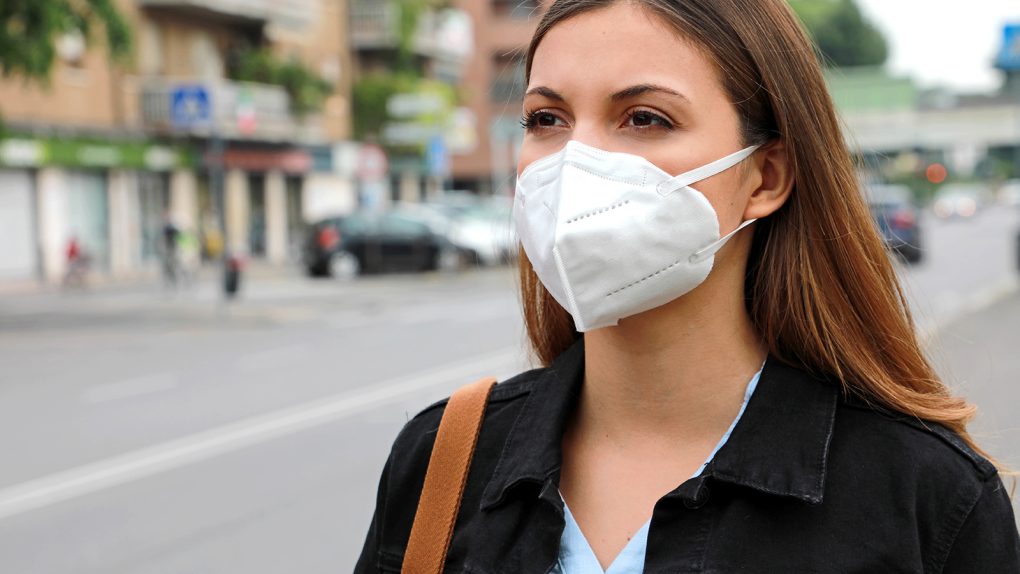- A new study has found that most COVID cases are spread by people who don’t display any coronavirus symptoms.
- That’s according to a new study in the Journal of the American Medical Association, and it comes as the US has just set another all-time record for the most COVID-related deaths in a single day.
- More than 21.6 million COVID cases have been identified in the US since the pandemic began.
Almost a year into the coronavirus pandemic, the US has once again set a record for the number of deaths from the COVID-19 virus in a single day — more than 4,000 dead on Thursday, according to the latest data from Johns Hopkins University.
Those COVID deaths result from hospitalizations and cases, both of which continue to rise in the US at a rate that alarms health professionals and experts. At the moment, The Atlantic’s COVID Tracking Project shows that more than 132,000 people are currently hospitalized with the virus across the country. The reason for all of this is the continued spread of the virus, and a new study from the Journal of the American Medical Association reveals something striking about the connection between cases and coronavirus symptoms.
Basically, the study found that at least half of all COVID-19 cases are spread by people who don’t display any obvious symptoms of having the virus. Which, for about the millionth time, underscores how urgent it is that everyone continues to practice behaviors like wearing face masks and social-distancing in public — because there’s a good chance many other people around you have the virus, but being symptom-free means there’s no way to tell who to steer clear of.
“There was still some controversy over the value to community mitigation — face masks, social distancing, and hand hygiene — to limit spread,” Jay Butler, deputy director for infectious diseases at the CDC and a lead author of the new study, told Business Insider. “This study demonstrates that while symptom screening may have some value, mitigation, as well as strategically planned testing of persons in some setting, will be a significant benefit.”
The Johns Hopkins data shows that, to date, there have been more than 21.6 million coronavirus cases identified in the US since the pandemic began, along with more than 365,000 deaths. Along these lines, Butler did offer one note of caution about how the new study’s results should be regarded — he said the modeling may actually underestimate the degree to which cases are spread by people without any coronavirus symptoms. That’s because at the heart of this study is an assumption that everyone is constantly just moving around randomly.
However, the normal degree of movement in peoples’ daily lives is not happening right now. Restaurants and public places are screening to keep out symptomatic people, and many people both with and without symptoms (if they fear they’ve been exposed) are self-isolating at home, which makes it a little hard for the virus to find new people to spread to.








